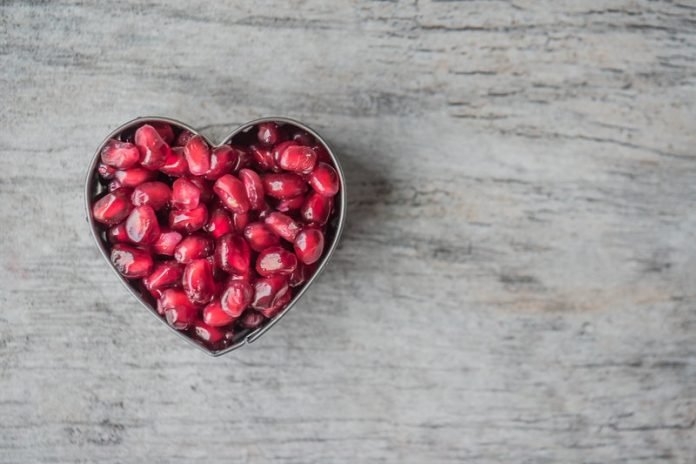
In a new study, researchers found that people who follow the Paleo diet have twice the amount of a key blood biomarker linked closely to heart disease.
They compared 44 people on the diet with 47 following a traditional Australian diet.
They measured the amount of trimethylamine-n-oxide (TMAO) in participants’ blood and found people who followed the Paleo diet had much higher levels of TMAO.
High levels of TMAO, an organic compound produced in the gut, are linked to an increased risk of heart disease.
This is the world’s first major study examining the impact of the diet on gut bacteria.
The research was conducted by a team from Edith Cowan University (ECU).
The controversial Paleo (or ‘caveman’) diet advocates eating meat, vegetables, nuts, and limited fruit, and excludes grains, legumes, dairy, salt, refined sugar, and processed oils.
With the diet’s growing popularity, it was important to understand the impact it could have on overall health.
The team says that many Paleo diet proponents claim the diet is beneficial to gut health, but this research suggests that when it comes to the production of TMAO in the gut, the Paleo diet could be having an adverse impact in terms of heart health.
They also found that populations of beneficial bacterial species were lower in the Paleolithic groups, linked to the reduced carbohydrate intake, which may have consequences for other chronic diseases over the long term.
The reason TMAO was so elevated in people on the Paleo diet appeared to be the lack of whole grains in their diet.
The researchers also found higher concentrations of the bacteria that produce TMAO in the Paleo group.
They say that the Paleo diet excludes all grains and that whole grains are a fantastic source of resistant starch and many other fermentable fibers that are vital to the health of the gut microbiome.
Because TMAO is produced in the gut, a lack of whole grains might change the populations of bacteria enough to enable higher production of this compound.
Additionally, the Paleo diet includes greater servings per day of red meat, which provides the precursor compounds to produce TMAO, and Paleo followers consumed twice the recommended level of saturated fats, which is cause for concern.
The lead author of the study is Dr. Angela Genoni.
The study is published in the European Journal of Nutrition.
Copyright © 2020 Knowridge Science Report. All rights reserved.



